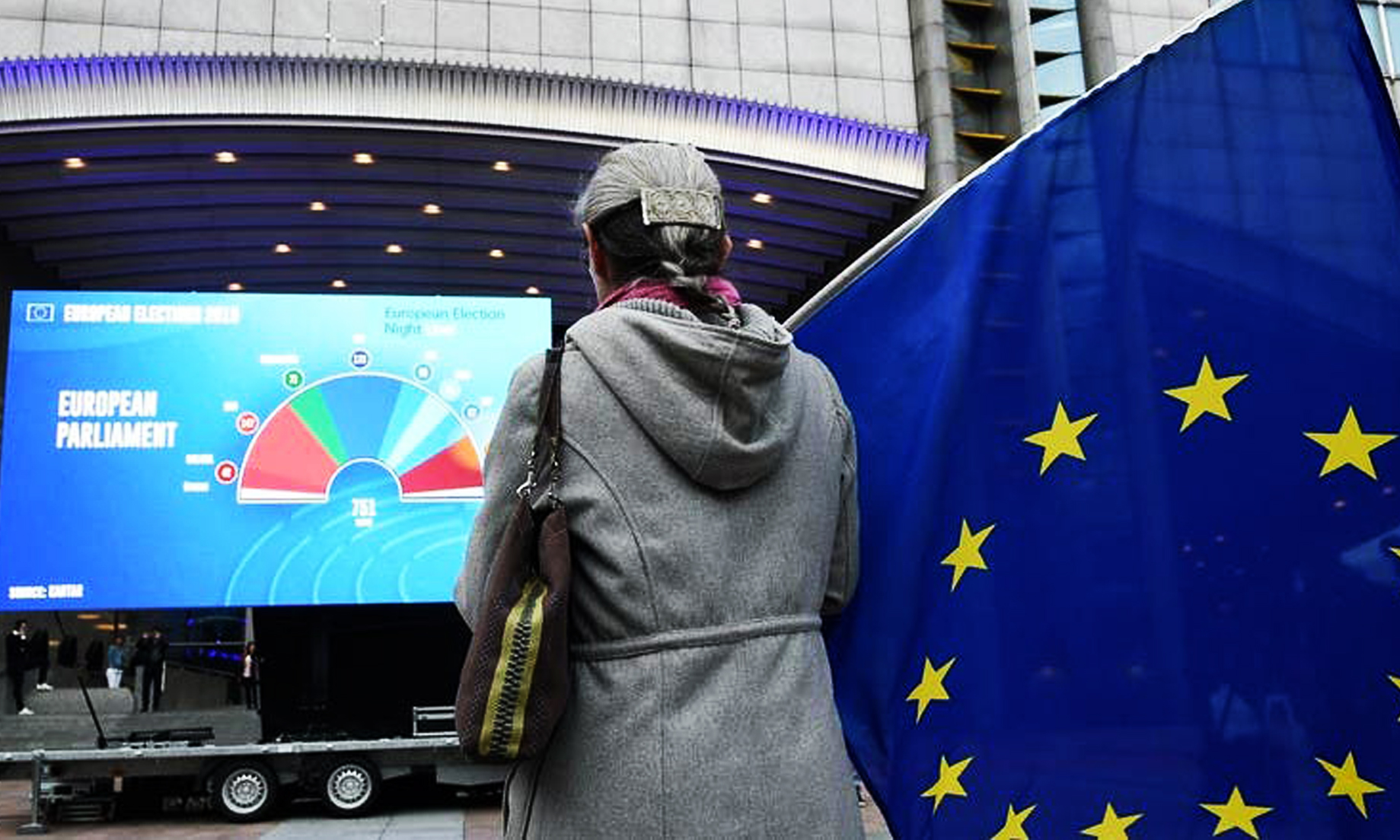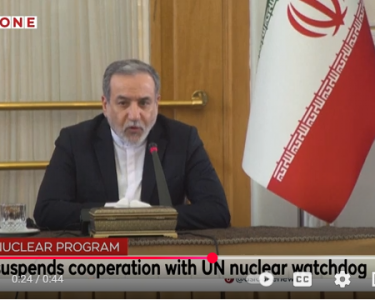BRUSSELS, May 27 (NNN-AGENCIES) — The big centre-right and centre-left blocs in the European Parliament have lost their combined majority amid an increase in support for liberals, Greens and nationalists.
The centre-right European People’s Party remains the largest bloc, and is expected to form a pro-EU coalition.
The Liberals and Greens had a good night, while nationalists were set for victory in Italy and France.
Turnout was the highest for 20 years.
Populists gained ground in some countries but fell short of the very significant gains some had predicted.
In the UK, the newly-formed Brexit Party claimed a big victory, and a strong performance by the Liberal Democrats came amid massive losses for the Conservatives and Labour.
Analysts said the EPP was likely to form a “grand coalition” with the Socialists and Democrats bloc, with support from the Liberals and Greens.
The turnout bucked a long trend of decline in voter numbers, rising to just under 51% of eligible voters across the 28 member states.
The European Parliament helps shape EU legislation and the results will play a big part in who gets the key jobs in the European Commission, the Union’s executive.
Based on current estimates, the previously dominant conservative EPP and Socialists and Democrats blocs will be unable to form a “grand coalition” in the EU parliament without support.
The EPP was projected to win 179 seats, down from the 216 in 2014. The Socialists and Democrats looked set to drop to 150 seats from 191.
Pro-EU parties are still expected to hold a majority of seats, however, largely due to gains made by the liberal ALDE bloc, and particularly a decision taken by the party of French President Emmanuel Macron to join the group. His Renaissance alliance was defeated by the far-right National Rally of Marine Le Pen.
“For the first time in 40 years, the two classical parties, socialists and conservatives, will no longer have a majority,” said Guy Verhofstadt, the leader of the ALDE.
“It’s clear this evening is a historical moment, because there will be a new balance of power in the European parliament,” he said.
There were major successes for the Greens, with exit polls suggesting the group would jump from 50 to around 67 MEPs.
But gains for nationalist parties in Italy, France and elsewhere means a greater say for Eurosceptics who want to curb the EU’s powers.
Matteo Salvini, who leads Italy’s League party, has been working to establish an alliance of at least 12 parties, and his party set the tone winning over 30% of the vote, according to partial results.
In Germany, both major centrist parties suffered. Angela Merkel’s Christian Democrats dropped from 35% of the vote in 2014 to 28%, while the centre-left Social Democratic Union fell from 27% to 15.5%.
In the UK, the newly formed Brexit Party, led by Nigel Farage, took an early lead with 32% of the vote, amid gains for the Liberal Democrats and significant losses for the major Conservative and Labour parties. — NNN-AGENCIES






